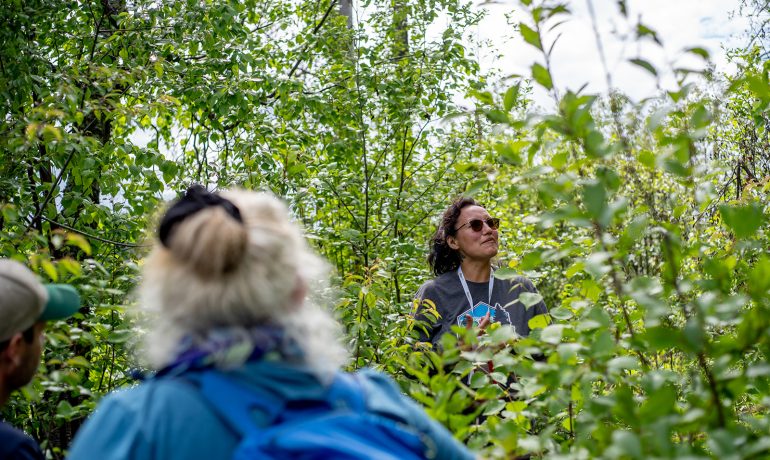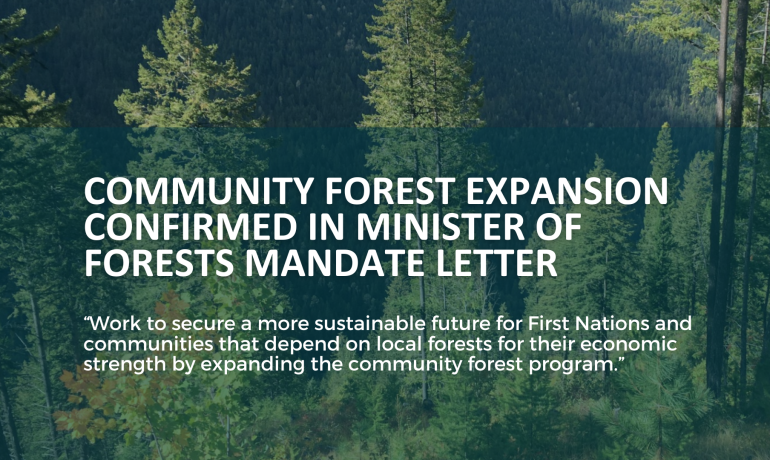Three years ago, Wet’suwet’en hereditary Chief Na’Moks stood in full regalia before the United Nations in New York City. He propped his cellphone in front of him, took a deep breath and began to speak.
“They thought I was reading a speech. I was looking at a picture of that mountain,” he says, gesturing toward Hudson Bay Mountain, the glaciated peak that presides over Wet’suwet’en territory in northwest British Columbia. “That’s all I had in front of me. You’ve got to speak from the heart.”
It was May 2016, the day after Carolyn Bennett, minister of Crown-Indigenous Relations, announced that Canada would remove its objector status to the UN Declaration on the Rights of Indigenous Peoples (UNDRIP), which had been accepted nearly a decade earlier by the UN General Assembly.
Na’Moks, whose English name is John Ridsdale, was there to make a promise to the UN: That he would return one year later to provide a full report on Canada’s progress implementing the declaration.
Today, Na’Moks addresses the UN Permanent Forum on Indigenous Issues in New York, his second update to the UN since that first visit.
Again, he’ll prop his phone before him, but this time he’ll be reading from notes. It’s important he stick to the talking points — in particular, those addressing Article 10 of UNDRIP, the section that deals with forcible removal of Indigenous peoples from their lands.
“Nothing’s really changed from the time that they accepted it,” he says about Canada’s promise to implement UNDRIP. “They’ve really not done anything.”
Related Post
As Published in Canadian Forest Industries Magazine, Pulp & Paper Magazine and Canadian Biomass Magazine
Jennifer Gunter’s Op Ed, “Community Forests: Rooted in Community,
Minister of Forests Mandated to Expand BC’s Community Forest Program
In the recently released mandate letter to the Minister



